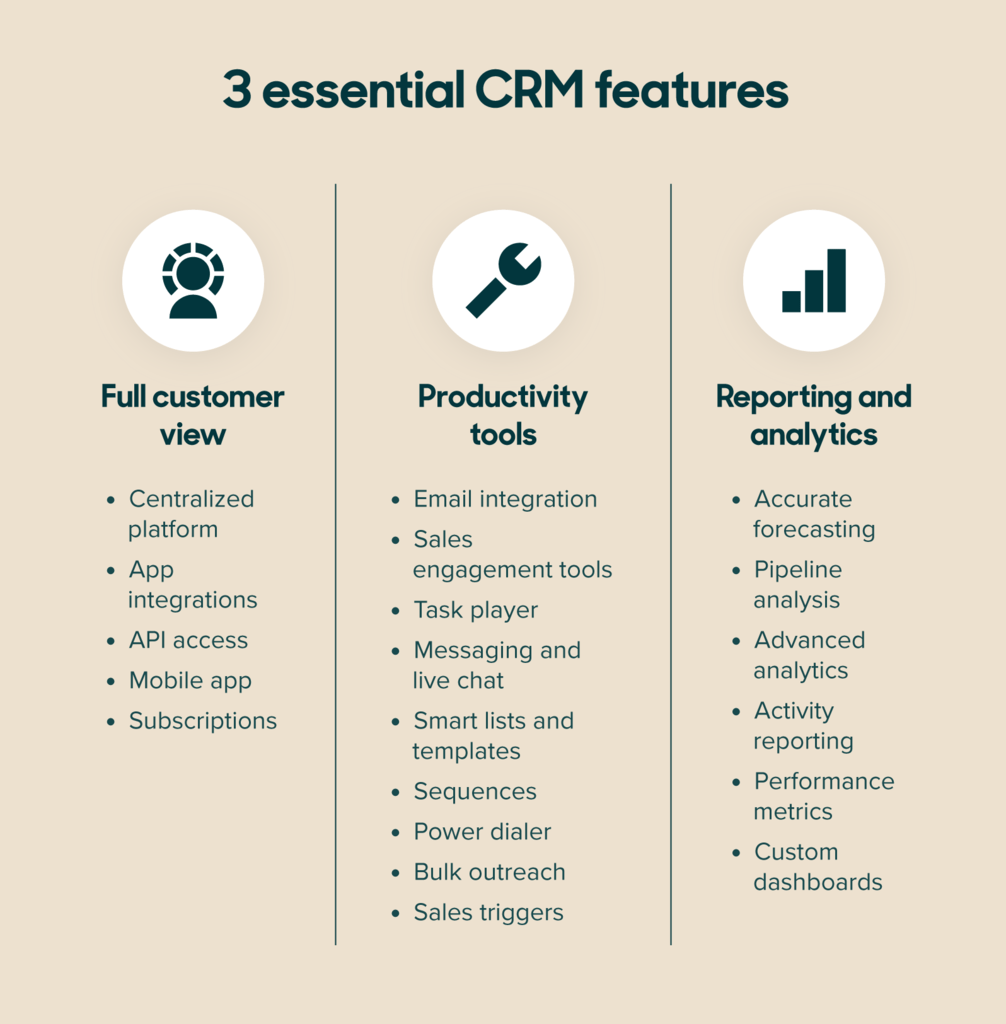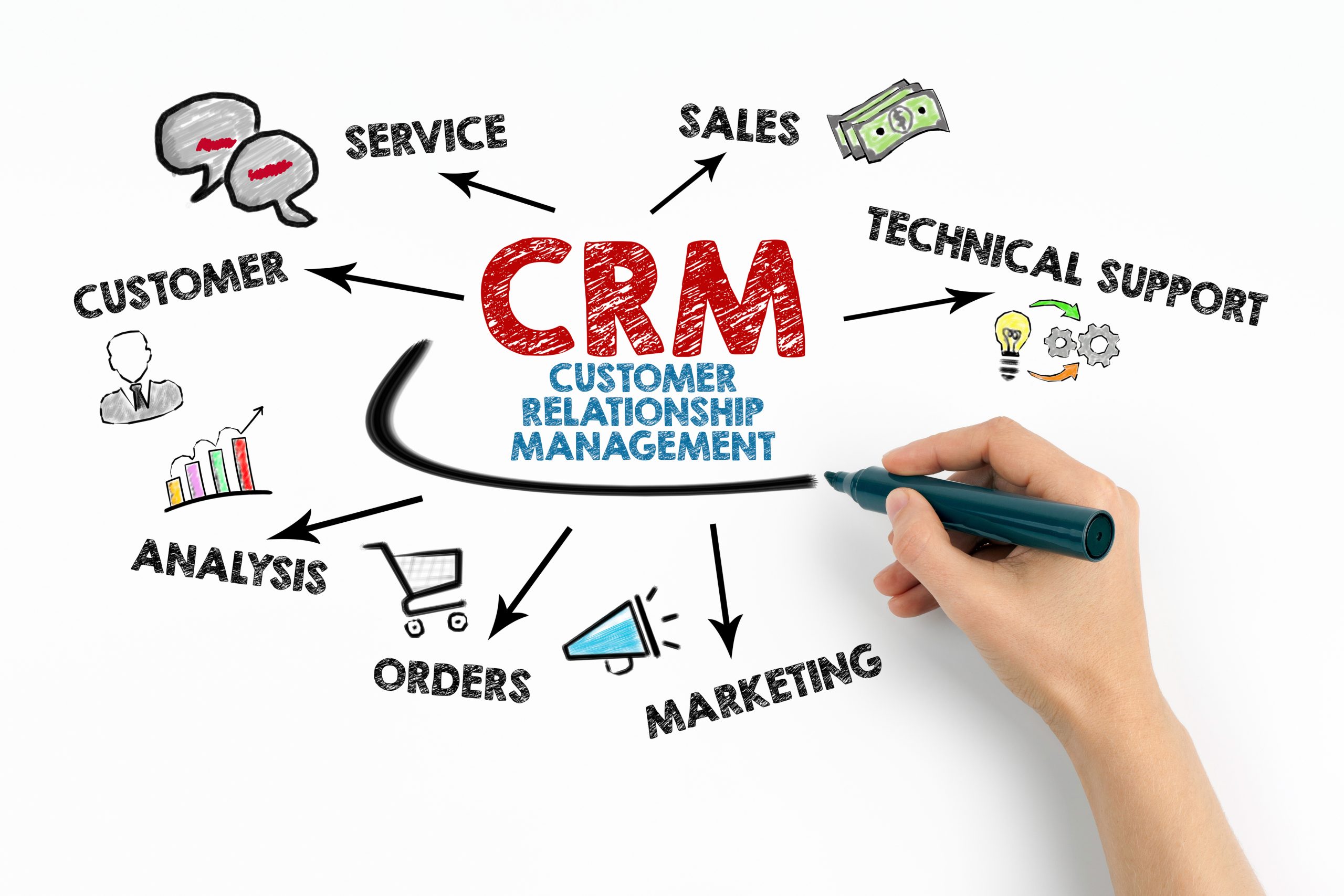
CRM for Accelerator Programs: Fueling Startup Growth and Maximizing Impact
Accelerator programs play a vital role in the startup ecosystem, providing early-stage companies with the resources, mentorship, and networks they need to accelerate their growth. However, managing these complex programs, tracking progress, and maintaining strong relationships with both startups and mentors can be a significant challenge. This is where Customer Relationship Management (CRM) systems come into play, offering a powerful solution to streamline operations, enhance communication, and ultimately, maximize the impact of accelerator programs.
The Challenges of Managing an Accelerator Program
Before diving into the benefits of CRM, it’s essential to understand the pain points that accelerator programs typically face:
- Application Management: Sifting through hundreds or even thousands of applications, tracking their status, and ensuring a fair and efficient selection process can be overwhelming.
- Communication Overload: Managing communication with startups, mentors, investors, and program staff can become chaotic without a centralized system.
- Progress Tracking: Monitoring the progress of each startup, identifying roadblocks, and providing timely support requires a systematic approach.
- Mentor Management: Matching startups with the right mentors, scheduling meetings, and tracking feedback is crucial for a successful mentoring experience.
- Data Silos: Information about startups, mentors, and program activities is often scattered across spreadsheets, emails, and various tools, making it difficult to gain a holistic view.
- Reporting and Analysis: Generating reports on program performance, startup outcomes, and overall impact can be time-consuming and prone to errors.
How CRM Addresses These Challenges
A well-implemented CRM system can address these challenges head-on by providing a centralized platform for managing all aspects of the accelerator program. Here’s how:
-
Streamlined Application Management:
- Centralized Application Portal: A CRM can provide a user-friendly online portal for startups to submit their applications.
- Automated Workflow: The system can automate the application review process, routing applications to the appropriate reviewers and tracking their progress.
- Scoring and Ranking: CRM allows for setting up scoring criteria to rank applications based on key factors like business potential, team strength, and market opportunity.
- Communication Automation: Automated emails can be sent to applicants to acknowledge receipt of their applications, update them on their status, and notify them of decisions.
-
Enhanced Communication:
- Centralized Communication Hub: CRM provides a single platform for all communication with startups, mentors, investors, and program staff.
- Email Integration: Seamless integration with email systems allows for tracking all email correspondence within the CRM.
- Communication Templates: Pre-designed email templates can be used to standardize communication and save time.
- Task Management: CRM can be used to assign tasks to team members and track their completion, ensuring that nothing falls through the cracks.
-
Effective Progress Tracking:
- Startup Profiles: CRM allows for creating detailed profiles for each startup, including their business plan, milestones, and key metrics.
- Progress Tracking: The system can be used to track the progress of each startup against their goals, identifying potential roadblocks and areas where they need support.
- Meeting Tracking: CRM can be used to schedule meetings with startups, track attendance, and record meeting notes.
- Feedback Collection: The system can be used to collect feedback from startups on their experience in the program.
-
Optimized Mentor Management:
- Mentor Profiles: CRM allows for creating detailed profiles for each mentor, including their expertise, experience, and availability.
- Matching Algorithm: The system can use a matching algorithm to pair startups with the most appropriate mentors based on their needs and goals.
- Scheduling Tools: CRM can be used to schedule mentoring sessions and track attendance.
- Feedback Collection: The system can be used to collect feedback from both startups and mentors on their mentoring experience.
-
Data Centralization and Integration:
- Centralized Database: CRM provides a centralized database for all information related to the accelerator program, eliminating data silos and ensuring that everyone has access to the same information.
- Integration with Other Tools: CRM can be integrated with other tools used by the accelerator program, such as accounting software, project management tools, and marketing automation platforms.
- API Access: Access to the CRM’s API (Application Programming Interface) allows for custom integrations and data sharing with other systems.
-
Powerful Reporting and Analysis:
- Customizable Reports: CRM allows for creating customizable reports on program performance, startup outcomes, and overall impact.
- Data Visualization: The system can generate charts and graphs to visualize data and make it easier to understand.
- Key Performance Indicators (KPIs): CRM can be used to track KPIs such as the number of applications received, the number of startups funded, and the amount of funding raised by startups after completing the program.
- Impact Measurement: By tracking key metrics and outcomes, CRM can help accelerator programs demonstrate their impact and attract funding.
Choosing the Right CRM for Your Accelerator Program
Selecting the right CRM is crucial for maximizing its benefits. Here are some key factors to consider:
- Specific Needs: Identify the specific needs of your accelerator program and choose a CRM that meets those needs.
- Scalability: Choose a CRM that can scale with your program as it grows.
- Ease of Use: Choose a CRM that is easy to use and requires minimal training.
- Integration Capabilities: Ensure that the CRM can integrate with other tools that you use.
- Pricing: Consider the pricing of the CRM and choose one that fits your budget.
- Customer Support: Choose a CRM provider that offers excellent customer support.
- Industry Specific Features: Some CRMs offer features designed specifically for accelerator programs.
Popular CRM Options for Accelerator Programs
- HubSpot CRM: A popular choice for its free version and comprehensive marketing automation features.
- Salesforce Sales Cloud: A robust CRM with advanced customization options and a large ecosystem of apps.
- Zoho CRM: A cost-effective option with a wide range of features and integrations.
- Pipedrive: A sales-focused CRM with a simple and intuitive interface.
- Microsoft Dynamics 365: A powerful CRM with strong integration with other Microsoft products.
Tips for Successful CRM Implementation
- Define Clear Goals: Before implementing a CRM, define clear goals for what you want to achieve.
- Involve Stakeholders: Involve all stakeholders in the CRM selection and implementation process.
- Provide Training: Provide adequate training to all users of the CRM.
- Customize the System: Customize the CRM to meet the specific needs of your accelerator program.
- Monitor Usage: Monitor usage of the CRM and make adjustments as needed.
- Regularly Update: Keep the CRM up to date with the latest features and security patches.
Conclusion
CRM systems are an invaluable tool for accelerator programs looking to streamline operations, enhance communication, and maximize their impact. By centralizing data, automating processes, and providing powerful reporting capabilities, CRM empowers accelerator programs to support their startups more effectively, attract top mentors, and ultimately, contribute to the growth of the startup ecosystem. Investing in the right CRM and implementing it effectively can be a game-changer for any accelerator program.

